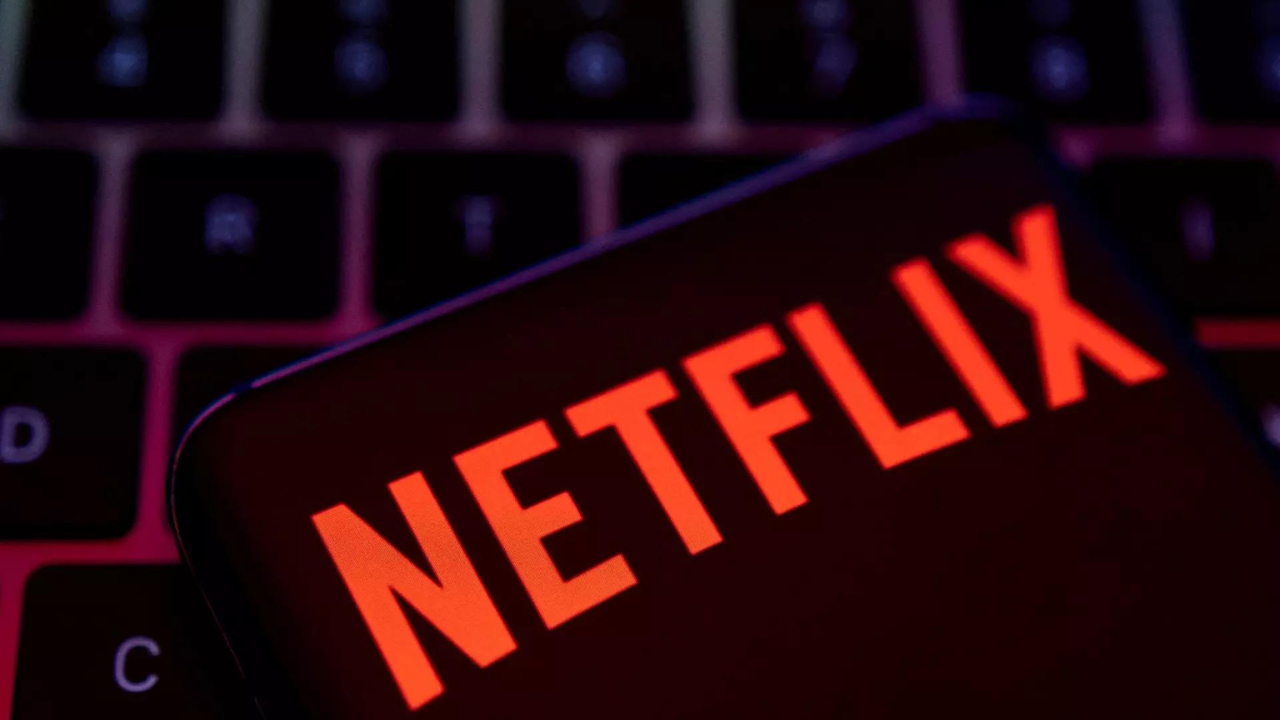Netflix co-CEO Ted Sarandos recently sat down for an extensive interview with The New York Times, discussing a wide range of topics, including the potential impact of artificial intelligence (AI) on the entertainment industry and even the recent box office successes of “Barbie” and “Oppenheimer,” which he thinks would have been just as successful on Netflix.
Sarandos sought to hush fears that AI would replace human creatives, stating, “I don’t believe that an AI program is going to write a better screenplay than a great writer, or is going to replace a great performance, or that we won’t be able to tell the difference.”
The executive compared the integration of AI in the creative process to past technological advancements, arguing that these developments ultimately led to growth and increased employment opportunities in the industry. “AI is not going to take your job,” Sarandos said. “The person who uses AI well might take your job.”
Sarandos’ comments come at a time when Hollywood is grappling with concerns about job security and the role of AI in the entertainment industry. Last year, writers, actors, and others involved in the production went on strike as they sought protection against the use of AI, fearing the technology might replace them. In the end, the industry came to terms.
Despite the challenges, Sarandos remains optimistic about Netflix’s future and the role of human creatives in the age of AI. He believes that various forms of entertainment are “real art forms” and that the company’s focus on audience reception will continue to drive its success.
Sarandos sought to hush fears that AI would replace human creatives, stating, “I don’t believe that an AI program is going to write a better screenplay than a great writer, or is going to replace a great performance, or that we won’t be able to tell the difference.”
The executive compared the integration of AI in the creative process to past technological advancements, arguing that these developments ultimately led to growth and increased employment opportunities in the industry. “AI is not going to take your job,” Sarandos said. “The person who uses AI well might take your job.”
Sarandos’ comments come at a time when Hollywood is grappling with concerns about job security and the role of AI in the entertainment industry. Last year, writers, actors, and others involved in the production went on strike as they sought protection against the use of AI, fearing the technology might replace them. In the end, the industry came to terms.
Despite the challenges, Sarandos remains optimistic about Netflix’s future and the role of human creatives in the age of AI. He believes that various forms of entertainment are “real art forms” and that the company’s focus on audience reception will continue to drive its success.

